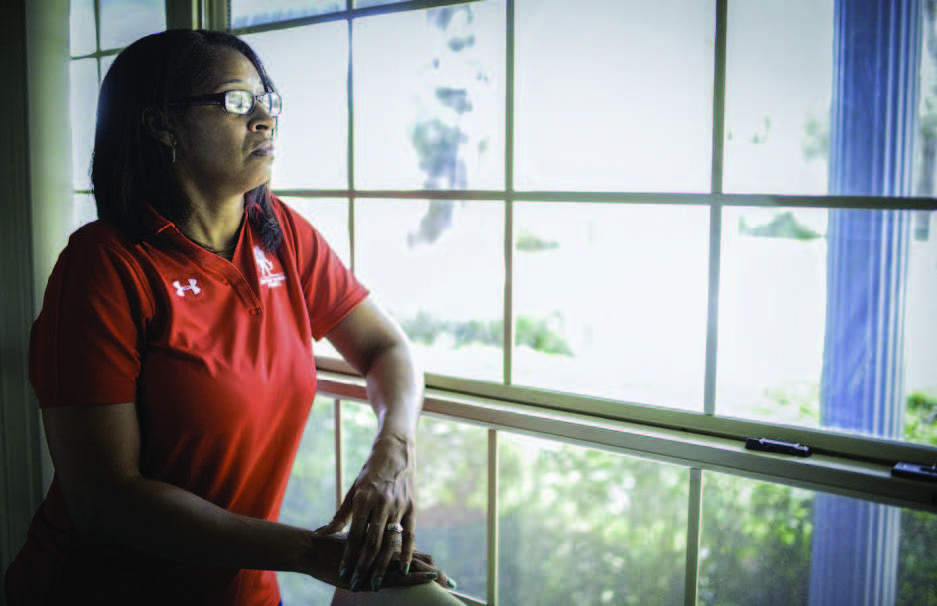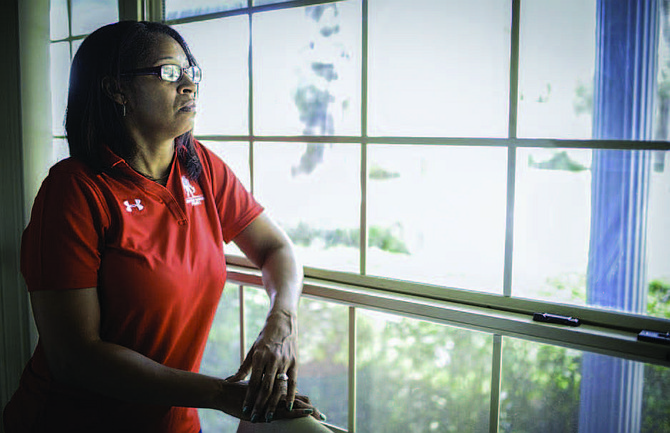Survey Highlights Challenges for Post-9/11 Wounded Veterans During Pandemic
The difficulties of the COVID-19 pandemic are exacerbated for wounded veterans, as reflected in the results of Wounded Warrior Project’s Annual Warrior Survey. The survey also revealed that about 61% of female warriors and 4% of male warriors experienced sexual harassment, and about 44% of female warriors and 2% of male warriors experienced sexual assault.
Conducted from May to June, WWP’s latest survey of the wounded veterans registered with the organization illustrates the recent challenges for this population. Nearly 30,000 veterans participated in the survey. In addition to financial difficulties, which also include 40% of warriors reporting employment struggles, the 11th annual survey revealed:
l Since socially distancing, more than half of warriors (52%) agreed their mental health is worse, and almost half (49%) agreed their physical health is worse.
l Physical and mental health care was delayed for warriors with appointments, with 70% having in-person physical health appointments canceled or postponed and about half (51%) having mental health appointments canceled or postponed.
Fortunately, most warriors (69%) noted they know where to turn for help. This support includes WWP’s programs and services.
“The difficulties of the pandemic are exacerbated for those we serve,” said WWP CEO Lt. Gen. (Ret.) Mike Linnington. “That is why we are doubling down on our mission to honor and empower warriors no matter the challenge.”
Amid the pandemic, WWP has awarded over $11 million to warriors and $7.25 million to support caregivers through relief initiatives.
From April 1 to Aug. 31, WWP has also:
l Helped place over 800 warriors and family members in new careers, with combined first-year salaries totaling over $38 million.
l Held more than 2,400 virtual events for warriors and family members – with more than 34,000 participants.
Other Findings
The survey also revealed 71% of WWP warriors were exposed to hazardous chemicals during their service. Among warriors who definitely or probably experienced toxic exposure, the majority were exposed to burn pits (86%) or sand, dust, and particulates (76%). An encouraging trend shows an increasing number of warriors receiving treatment at the VA for their exposure (16% in 2020, 9% in 2019).
In addition, 11% of WWP warriors reported experiencing military sexual trauma (MST) during their service. Even more WWP warriors acknowledged specific experiences often related to MST. About 61% of female warriors and 4% of male warriors experienced sexual harassment, and about 44% of female warriors and 2% of male warriors experienced sexual assault.
 Read the full results of WWP’s survey at https://www.woundedwarriorproject.org/mission/annual-warrior-survey
Read the full results of WWP’s survey at https://www.woundedwarriorproject.org/mission/annual-warrior-surveyLatest Stories
- Legacy Speaks: Mapping Ida B. Wells' Imprint – A Tribute to Ida B. Wells on Her Birthday
- Cook County Commissioner Donna Miller Launches Congressional Campaign
- Community’s Voice Shapes Future Leadership
- Chicago Board of Education Approves Resolution Launching Healthy Green Schools Pilot Program
- CVS Health opens new Workforce Innovation and Talent Center in Chicago
Latest Podcast
STARR Community Services International, Inc.

